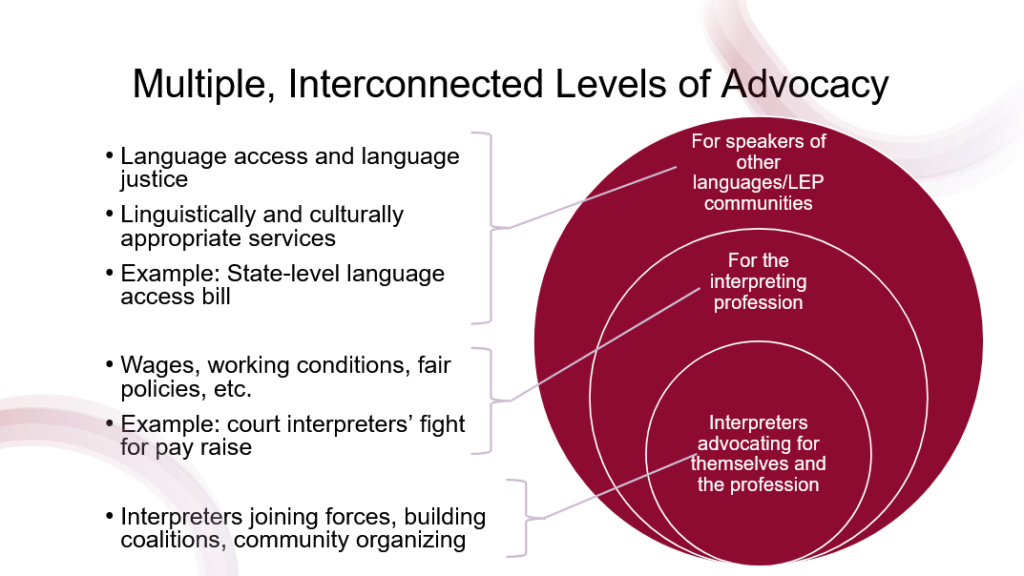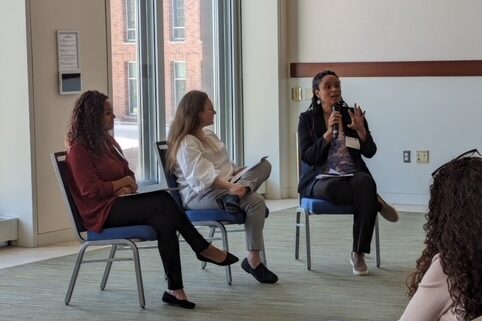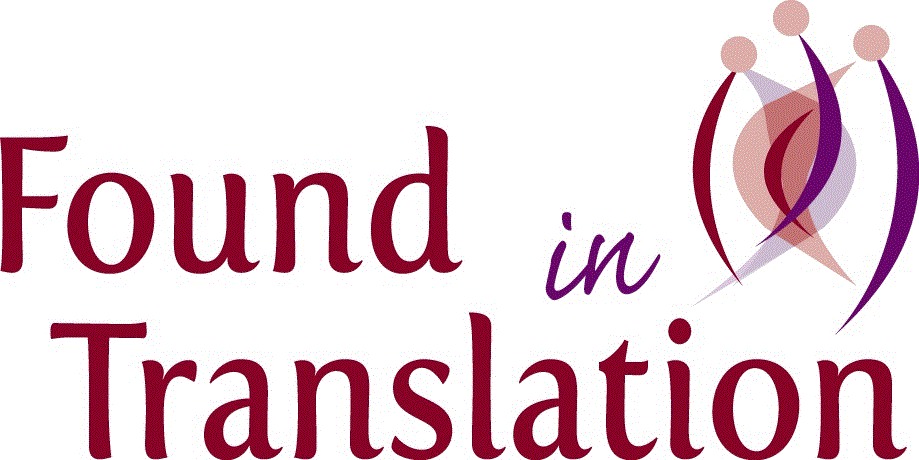Who Speaks Up for the Interpreter? Found in Translation Steps into the Advocacy Space
When we think of advocacy in the interpreting field, our minds often go to language access and advocating on behalf of limited English proficiency (LEP) communities. For example, advocacy comes into interpreting through working to pass policies that ensure that people have access to an interpreter when needed, or when an interpreter speaks up when an LEP patient is treated inequitably by a medical provider. But who advocates for the interpreter?
Found in Translation is stepping into the advocacy space to fill a critical gap. We see a need for advocacy that promotes language access by protecting interpreters, the people whose labor and specialized skills language access depends on. Simply put, without interpreters, there is no language access.
But let us take a step back. What is advocacy?
In its most basic sense, advocacy refers to public support for a particular cause or taking action to create change. The National Council on Interpreting in Health Care (NCIHC) defines advocacy as follows:
“any action taken (by an interpreter) on behalf of an individual that goes beyond facilitating communication, with the intention of supporting good health outcomes. In general, advocacy means that a third party (in this case, the interpreter) speaks for or pleads the cause of another party, thereby departing from an impartial role.”
The NCIHC definition and conversations in the field largely focus on advocacy as something that interpreters engage in on behalf of LEP patients. Even when interpreters themselves think about advocacy, they often think about their role in advocating for patients for whom they are interpreting in healthcare settings. Still, NCIHC does note that interpreter working conditions are important to consider, as poor working conditions can impact the quality of interpretation. We’d go a step further and say that poor working conditions can also affect interpreters’ willingness to stay in the field.

At Found in Translation, we have begun thinking about advocacy at multiple levels, and we have been especially interested in advocacy for the interpreting profession itself and for interpreters’ working conditions. Importantly, quality language services and increased language access are not possible without a sustainable and thriving interpreting field.
At this year’s Paving the Way to Health Care Access Conference, Found in Translation’s alumna and Nationally Certified Healthcare Interpreter Wilda Perez, Interpreting and Translation Manager Denise Muro, and Executive Director, Maria Vertkin presented a workshop titled “Making Our Voices Heard: Advocating for our Field and Finding Strategies for Change.”

Left to right: Denise Muro, Maria Vertkin, and Wilda Perez.
We discussed the state of the interpreting field, identifying challenges the profession faces and engaging attendees in thinking together to generate actionable steps forward. In the face of wage stagnation, offshoring, the advent of AI, and harmful employment practices (e.g. a lack of benefits and protections resulting from the misclassifications of interpreters as contractors, non-compete clauses that limit career mobility, etc.), how can we ensure that the field is attracting and retaining qualified interpreters?
As an organization that trains and employs interpreters, supports them at all stages of career advancement, and strives to help them succeed and achieve financial security, we at Found in Translation are deeply invested in this conversation, and want to do our part to make sure the field is thriving. We are eager to continue collecting data on the state of the field and developing our advocacy work to advance and protect interpreting as a thriving-wage profession for decades to come.

